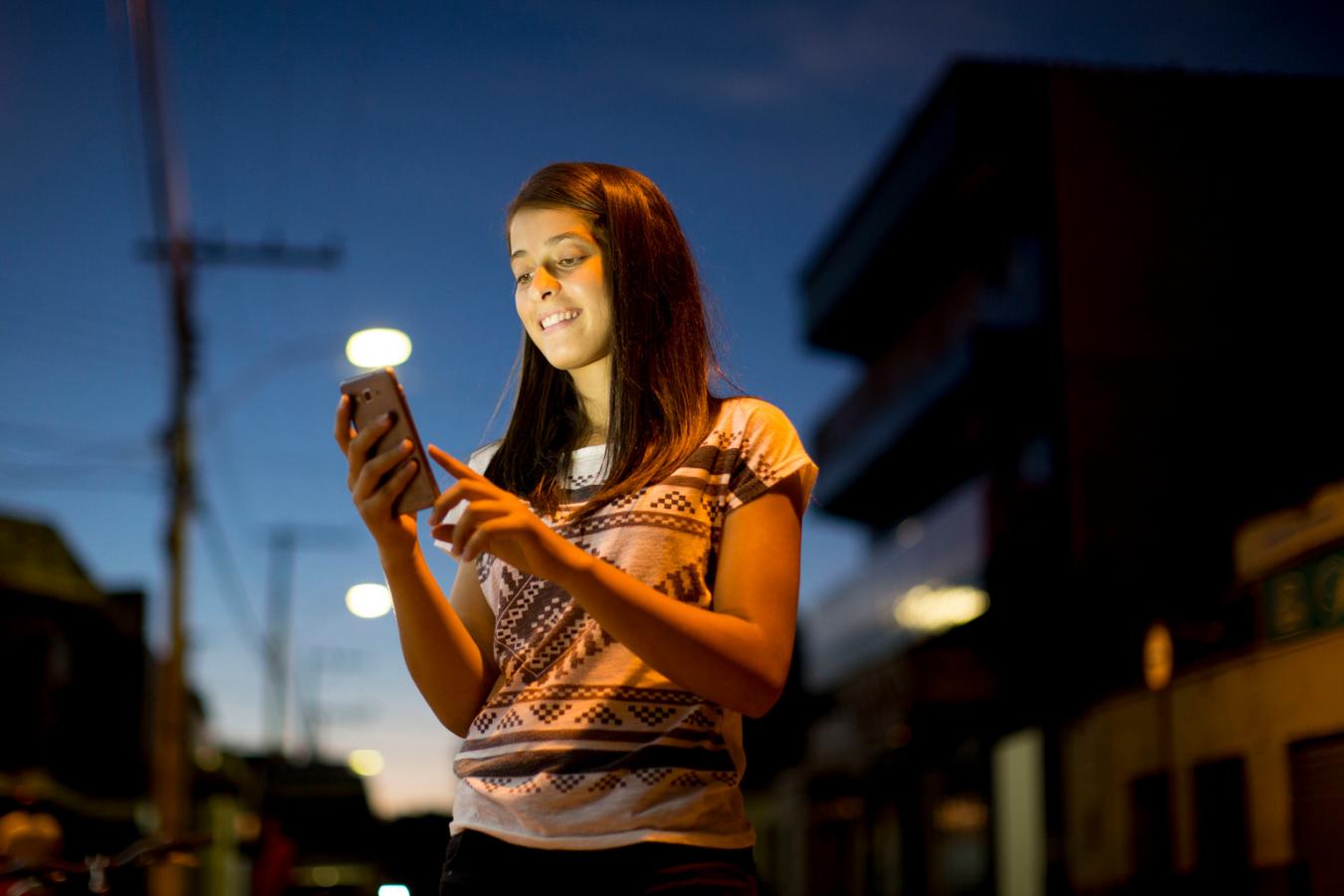The National System for the Integral Protection of Children and Adolescents is comprised of a specialized judiciary and 16 department protection boards that investigate threats and violations of the rights of children. The system also includes the Shared Care Network, which is formed by civil society organizations that work for children and child-focused public institutions.
As a Pathfinding Country, El Salvador established a steering committee to make strategic decisions, approve documents and processes, and promote El Salvador’s commitment to ending violence against children. Several non-government organizations in El Salvador have started a “Joining Forces Process” to work toward Plan Z, an initiative that aims to establish child-led innovation labs that will empower children to brainstorm social innovations that reduce violence against children.
A technical working group was created to oversee the implementation of violence prevention activities and was strengthened in preparation for a violence against children survey to ensure that the appropriate policies and programs followed up on the results. Technical working group members are the most senior officials at the key participating ministries. Several agencies collaborated to implement the violence against children survey, including USAID, the Pan American Health Organization, Centers for Disease Control and Prevention, the United Nations Development Programme, Promundo and the Instituto Universitario de Opinión Pública of the Universidad Centroamericana José Simeón Cañas.
In 2014, a national health survey was carried out by the Ministry of Health–National Health Institute in collaboration with the General Directorate of Statistics and Censuses. This survey was part of the UNICEF Multiple Indicator Cluster Survey Programme. A new multiple indicator cluster survey with violence against children survey indicators is being developed by UNICEF and the Ministry of Health and is scheduled to launch in 2020.
In 2015, the National Council for Children and Adolescents (CONNA) created the National Child Information System. CONNA, the General Directorate of Statistics and Censuses, and UNICEF are working together to define national indicators for childhood and adolescence and to implement data interchange technologies.
In November and December 2017, data was collected for the El Salvador violence against children survey, which was led by the Ministry of Justice and Public Security with assistance from the General Directorate of Statistics and Censuses, the technical working group, and the U.S. Centers for Disease Control and Prevention. The survey was conducted as part of a Together for Girls partnership, USAID, and the International Organization for Migration.
A special module on migration was included in El Salvador’s violence against children survey. In November 2018, the Ministry of Justice and Public Security and the International Organization for Migration co-organized the violence against children survey “Data to Action” workshop, with support from the Centers for Disease Control and Prevention, USAID and Together for Girls. The purpose of the workshop was to review key findings from the El Salvador violence against children survey ahead of the official report launch, and develop an initial draft of multi-sectoral priorities and recommendations based on violence against children survey data and the INSPIRE framework. Representatives from various government sectors, civil society organizations and development partners participated.
In 2019, the country’s Violence Against Children Survey report was launched by the government and the United Nations Special Representative of the Secretary-General on Violence Against Children. This report can be accessed here.
Collective Action and INSPIRE
El Salvador has a child protection coordinating mechanism at both the executive and operational levels, as established in the PNPNA. The general objective of the child protection national action plan, based on the PNPNA, is to ensure the rights of children and their families at all levels of society, with strategic objectives concerning the right to health, protection, development and participation. CONNA is the agency responsible for its implementation.
The plan uses the following INSPIRE strategies: (I) strengthening administrative and judicial response measures for children and ensuring access to justice; (S) ensuring safe family environments, including reduced access to firearms; (I) guaranteeing the protection of socioeconomically-vulnerable children; and (R) creating and strengthening mechanisms for responding to violence. The INSPIRE toolkit has been presented to the Committees, and an INSPIRE capacity development process is currently in planning stages. A roadmap and a national plan of action to end violence against children are also currently in planning stages. Both will include the participation of multiple stakeholders, including children and CSOs.
The operational structure and bodies responsible for the design and preparation of the roadmap and plan have been developed at the managerial and technical-operative levels. The methodology for the development of the national roadmap is currently being implemented. In 2018, several civil society organizations met with CONNA, state institutions, UNICEF and other stakeholders to sign a letter of understanding with the state, committing to joining efforts and working on concrete actions to eliminate all forms of violence against children. In addition, a coalition was formed to work together to support the government in adopting a process to remove child sexual abuse material from the internet. A coalition of government institutions, civil society organizations and other actors are working to draft legislation to prohibit corporal punishment of children.
Corporal punishment is prohibited in some settings. Prohibition is still to be achieved in the home, alternative care settings and daycare.
Read more.

